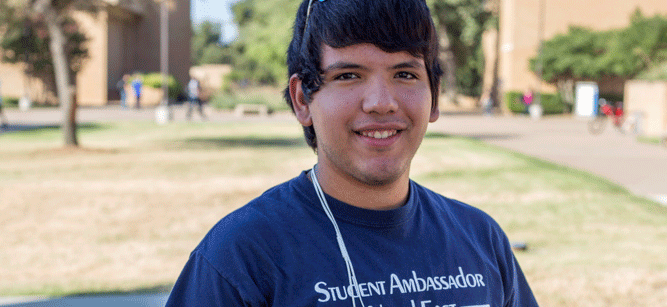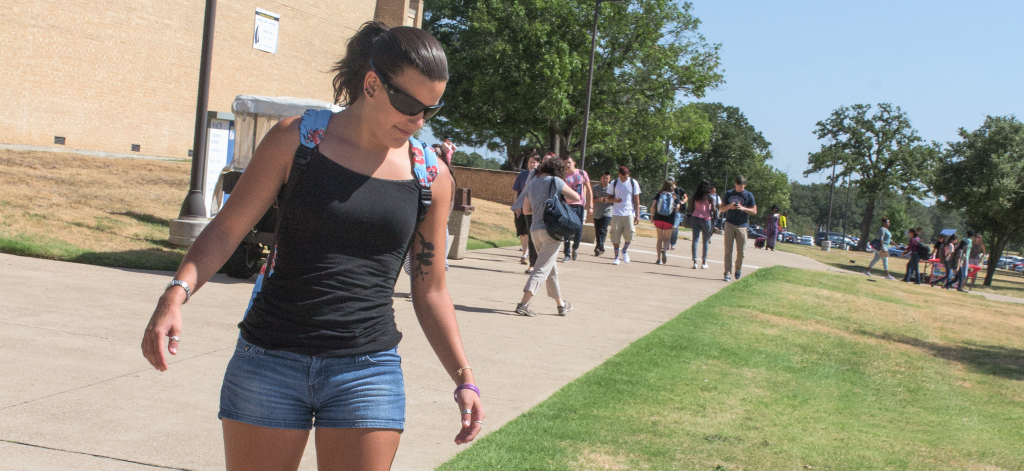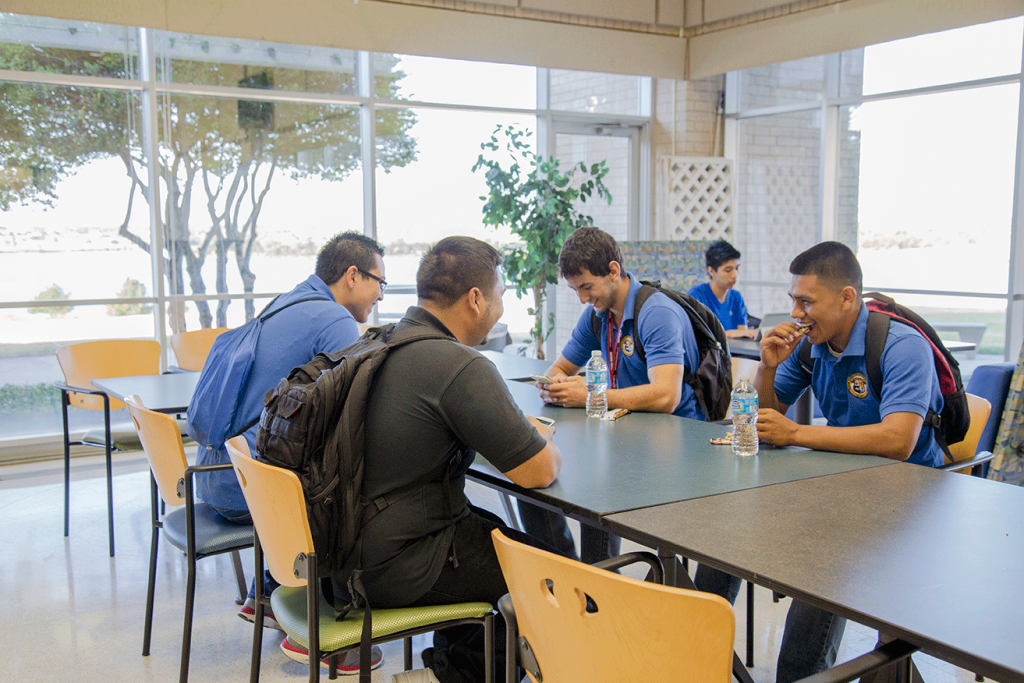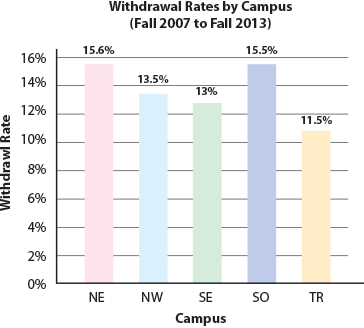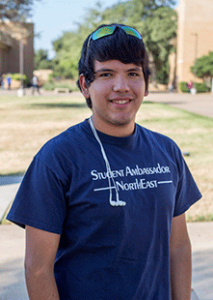
By Erin Ratigan/reporter
NE student Roberto Aparicio said his transition to college from Richland High School was hard because his new instructors weren’t as lenient.
While college students have more time to focus on homework, Aparicio said he still wasn’t prepared for the strict academic environment.
“It just took time getting used to college,” he said. “I think after the first semester is when it really all nailed down.”
High school students will face new academic and personal challenges when beginning at TCC because the differences between college and high school often leave students unprepared for the transition.
TR student support coordinator Demesia Razo said college courses are more demanding because they are intended to increase students’ critical thinking skills. She also said more emphasis is placed on individual responsibility in college than in high school.
“High schools are going to be more feeding,” she said. “You have these assignments due. This is what you’re going to be doing at this time … When you get to college, that becomes an individual driving force, so you need to learn how to study independently.”
Razo said the most common problems new students face are financial issues and keeping up with assignments. She said many students struggle to make money last throughout the semester while others simply do not know how to study on their own.
“I think that there’s a lot of hope that goes into the semester, and then students either don’t keep up on work, don’t know how to do the studying, and that they struggle because they don’t get assistance soon enough,” she said.
To avoid these problems, Razo said students must manage their time and money wisely. By deciding on a major early in their college career, Razo said students can save money by taking only those courses required for graduation.
When it comes to effective studying, she said the students should first ask their instructors for help.
TR counseling director Louann Schulze said most students avoid asking
for help because of embarrassment or intimidation.
“They don’t ask for help early enough. Ask for help early,” she said. “If you walk into class the first couple days of school and you’re confused … get help immediately. Go to the learning lab. Go to tutoring.”
This embarrassment is unnecessary, and the smartest students are those who use their resources, Schulze said.
“You’ve paid our salary,” she said. “We’re here. We’re waiting for you. But we’re not going to be able to find you if you don’t come find us.”
Many students who earned straight A’s in high school have trouble keeping up their grades in college, Schulze said.
“I think sometimes the students who didn’t have to study and made A’s in high school have the biggest adjustment because they don’t know how to study,” she said. “The students that come into college with B’s and C’s in high school, they probably had to work a little bit harder.”
In their first semester at TCC, students are required to take the Transition to College Success course.
The class is designed to teach students how to effectively study, take notes and prepare for tests. However, Razo said STSC courses address only part of the problem and students must balance their personal and academic priorities.
“One of the big things is finding that supportive community that is encouraging you to do the things you need to do to get through school,” she said.
Though balancing a budget and keeping up with assignments is vital to college success, Razo and Schulze agree students need to remain healthy and happy to truly excel.
Razo said both new and returning students need to maintain a healthy diet and set aside time to enjoy themselves.
“It’s just a fun and exciting time,” she said. “Your college time will go quickly even though it doesn’t seem like it.”






















